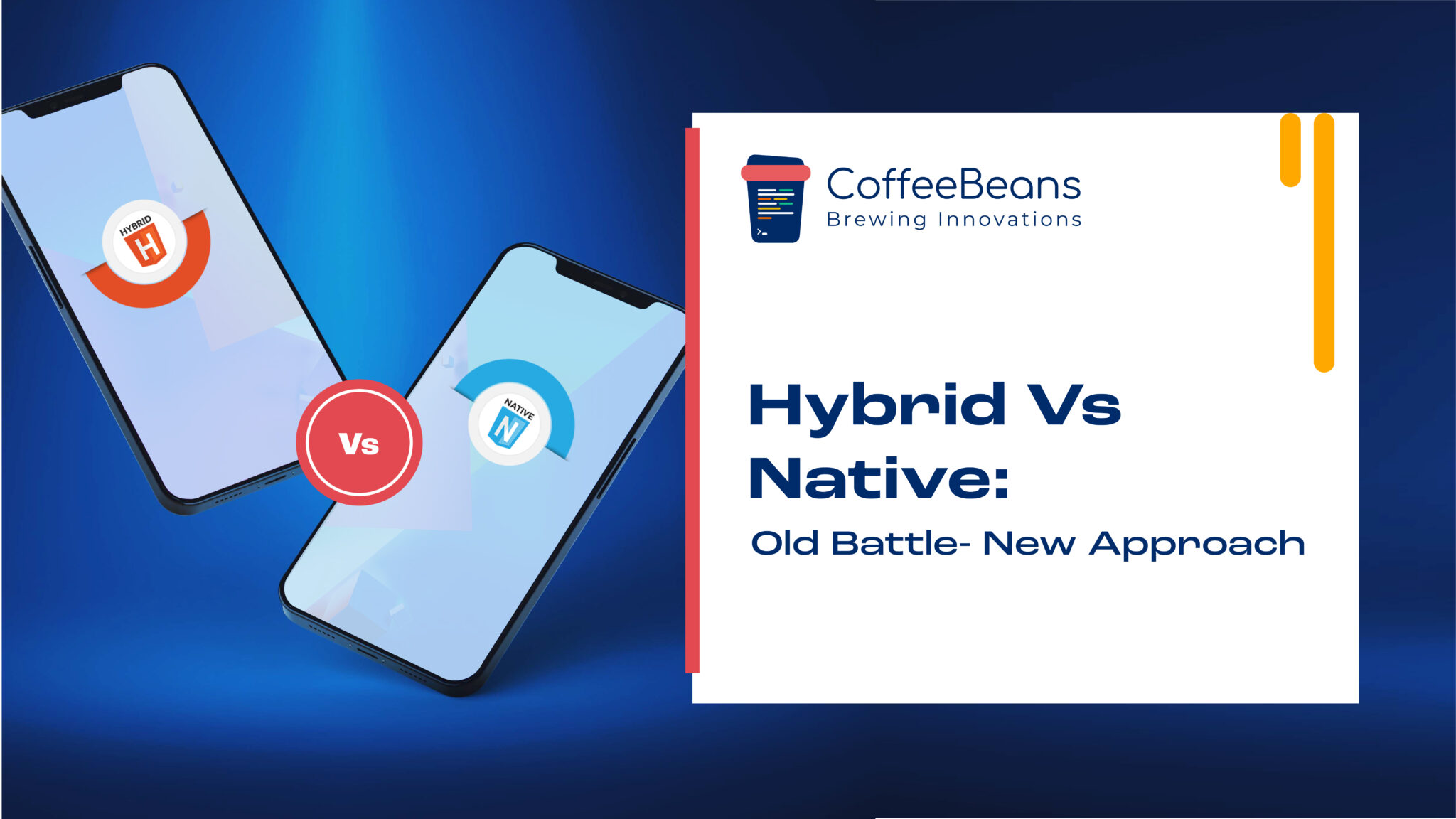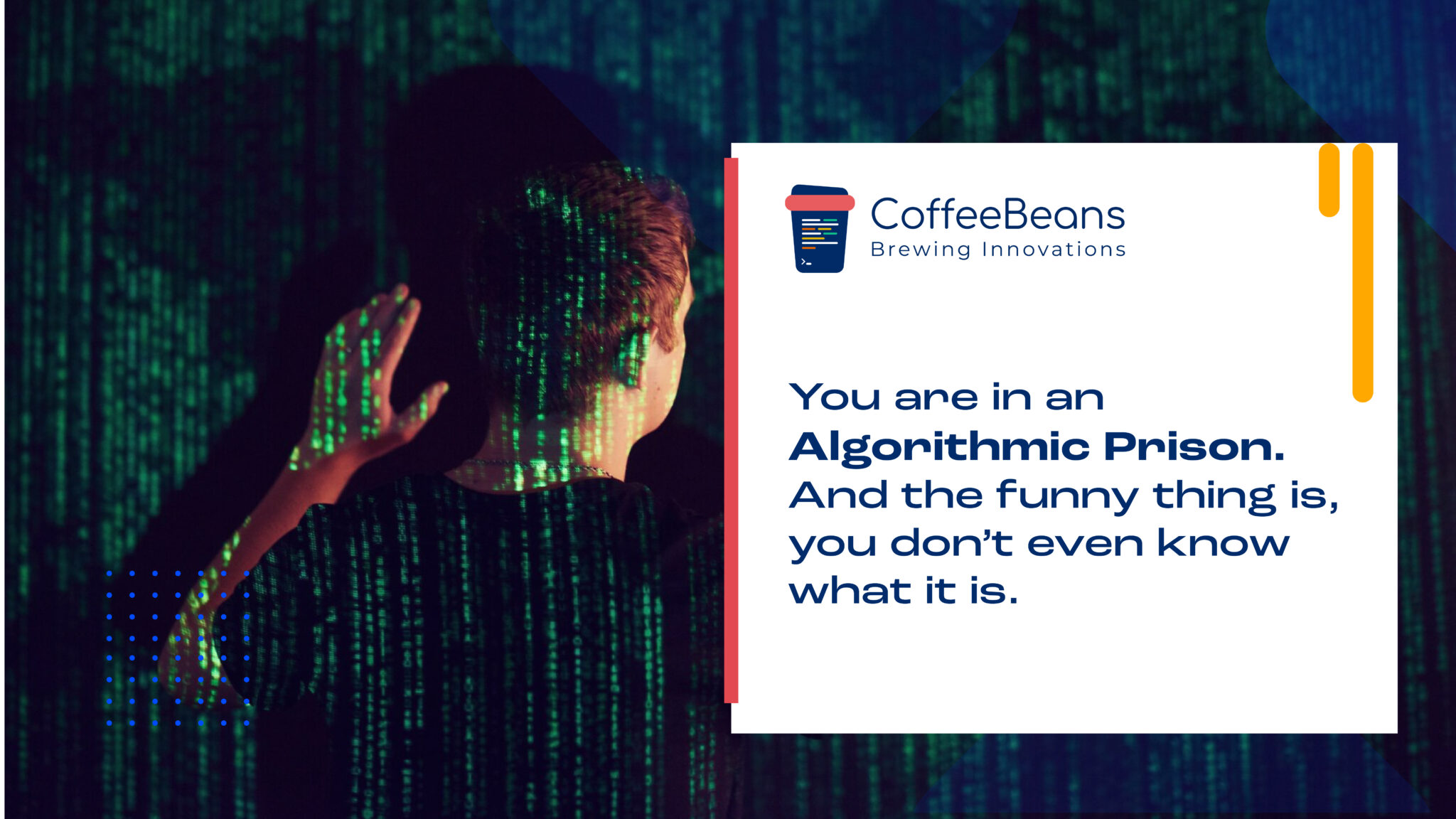Top 5 Cybersecurity Measures for Businesses in 2025

November 11, 2024
Cyberattacks are becoming more frequent and sophisticated nowadays. There are phishing attacks that trick individuals into revealing confidential information. AI(Artificial Intelligence) is used by hackers to mount relatively more sophisticated attacks. There are ransomware attacks where a system or whole network is locked. The attacker demands money to restore the system. The problem is that even if you pay the sum there is no guarantee the attacker will honor the commitment. There are DoS (Denial of Service) attacks where the system is overwhelmed with traffic. For your information, the global cybersecurity market will reach $207.77 billion by the end of this year. It is expected to reach $376.55 billion by 2029 with a CAGR (Compounded Annual Growth Rate) of 12.63% from 2024 to 2029. Half of the small and medium sized enterprises have become victims of cyber-attacks and more than 60% of those attacked eventually go out of business.
Note that cyberattacks are not mounted on only large businesses. Hackers target small and medium businesses too because they have limited cybersecurity. In the present era, basic cybersecurity will not do. As the attackers become more sophisticated there is a corresponding need for strong cyber security measures.
We look at 5 cybersecurity measures for businesses in 2025

- Periodic Security Audits and Ethical Hacking
Constant improvement of security levels as well as vigilance should be a priority. Periodic security audits find out whether enterprises are following industry standards. The former also identifies and fixes existing vulnerabilities. Penetration testing involves real-word attacks and reveals vulnerabilities that could be used by hackers. This way enterprises can be a step ahead of cyber threats, stay up-to-date with regulations as well as defend their systems against cyber threats.
2. End-to-End Encryption
Today enterprises are online and likely to use the cloud. End-to-end encryption ensures that sensitive data while in transit is not compromised. The former is used to make sure that data in transit cannot be read by any entity other than the recipient. Even if hackers get access to the data while being transmitted the data is safe as well as secure. This practice is a must keeping in mind the existing as well as evolving cyberthreats. Information irrespective of being stored or in transit can be effectively protected by leveraging end-to-end encryption with the twin goals of security as well as full privacy.
3. Robust Multi-Factor Authentication (MFA)
Today one cannot depend on passwords alone for ensuring security. Along with passwords, security codes sent to smartphones as well as biometrics are used to ensure foolproof security. Note that biometrics are unique to the user. Examples being fingerprints, facial recognition as well as voice recognition. Security codes are sent to devices in the possession of the user. So even if the password is compromised there are two additional layers of security.
4. Using AI (Artificial Intelligence) for Threat Detection
AI solutions track network traffic as well as learn from earlier attacks. The former finds out and halts threats in minimum time. Machine learning as well as deep learning algorithms are used to detect cyberthreats. AI finds out anomalies that may be missed by humans. Also, AI technology is far faster than human operators. AI predicts future threats and prevents them from causing major damage.
5. Employing Zero Trust Architecture
Each user, device as well as application is not automatically trusted. They must provide credentials to be trusted. This limits data breaches, hacking as well as unauthorized access. Each entity is vetted before granting permission to access resources.This is indeed a highly effective strategy against cyberattacks.
Other Important Cybersecurity Measures
- The Importance of Educating your Employees
Many cyberattacks make use of phishing and social engineering. It is essential to educate your employees on cybersecurity best practices. Many use weak passwords, easily guessable practices or use the same password across different accounts. They should be educated about the importance of using strong and complex passwords. A strong password contains both uppercase and lowercase letters, numbers as well as special characters. Despite taking precautions, breaches may occur. You should have a plan ready for what to do in the event of a breach. All employees should be trained on what to do in the event of a breach. This way you can limit the damage caused by the breach.
Cyberattack awareness must be included during the employee onboarding process. Regular training should be provided on the existing cyber threats and how to identify and mitigate them. If an employee is working from home his/her device should have the latest antivirus software. They should enable automated software updates to their systems that patch vulnerabilities. If possible, encourage remote workers to use a VPN (Virtual Private Network). The latter is encrypted thus preventing hackers from accessing confidential data.
- Disaster Recovery and Data Backup
Regularly backup your data. So even if your data is compromised in case of a cyberattack you can get your data back. Your data is not lost permanently. Make sure you take multiple copies of your data and keep the copies in different locations. Disaster recovery is another important aspect. Even with robust cybersecurity measures in place data breaches can occur. You need to have a realistic and effective plan for backup as well as disaster recovery. This way organizations quickly to disruptions from hacking or data breaches. Downtime can result in financial losses as well as reputational damage. Efficient data backup as well as disaster recovery processes can prevent or limit the damage caused to the organization.
- Email Security
Phishing is still a major factor in data breaches. Your staff can be tricked into clicking on links or disclosing classified data. Malicious emails should be stopped from reaching your business's inboxes. Use firewalls to prevent attacks on your organization’s network. It is necessary to have a robust security culture in your organization. Invest in relevant training as well as encourage open communication among your staff.
- Continuous Monitoring Strategy
By tracking system logs as well as user activities organizations can trace unusual behavior and take steps in real time to tackle the threat. This is a proactive strategy implemented to ensure minimum damage. Security Information and Event Management (SIEM) solutions automate tracking as well as analyzing security related data. The former also enhances compliance reports. SIEM systems gather as well as correlate data across the organization. Real-time alerts as well as comprehensive reports are generated.
- Proactive Approach
It is important to have a proactive approach rather than a reactive approach when it comes to cybersecurity. Have cybersecurity experts carry out regular audits of your organization’s security framework. This will reveal vulnerabilities in the system. Next fix the vulnerabilities at the earliest. It is very important to have a quality and latest version of antivirus software. Have firewalls installed to filter out malicious traffic. Inform the employees on the latest malware, phishing attacks as well as ransomware attacks. Each and every password should be strong and complex. It is important to change passwords regularly as a precautionary measure. Employees should be instructed to not use unsecured Wi-Fi networks as this could compromise your organization..
- Compliance with Existing Regulations
Cybersecurity regulations in different industries must be adhered to strengthen the cybersecurity level of your organization. Not doing so can lead to hefty fines or data breaches.
- Implement Advanced Endpoint Protection (AEP)
Endpoints include IoT (Internet of Things) devices, smartphones, tablets as well as laptops. These are the entry places for malicious actors. Any breach can incapacitate the whole organization. Invest in Advanced Endpoint Protection solutions to secure the safety and functioning of your organization. The investment is worth the ROI (Return on Investment) in terms of finance, peace of mind as well as brand image.
- Robust Cloud Security
Nowadays more and more organizations are adopting the cloud. There should be monitoring round the clock to detect unauthorized access. All data should be encrypted well.
Future Cybersecurity Trends
There will be an increase in the usage of deception technology. Set traps for hackers to detect and prevent hacking attempts in real time. Biometrics will replace passwords for authentication. The former is much more effective as well as reliable to prevent unauthorized access. Quantum cryptography will become essential in best cybersecurity practices. Businesses of different sizes and types will increasingly leverage quantum cryptography to block cyberthreats. AI solutions have the ability to go through a large amount of data to identify suspicious activity as well as threats. The former does it in real-time which cannot be matched by human operators. AI can also predict future threats and provide the solution to combat them successfully. It is imperative to take steps to address future cybersecurity challenges for businesses in 2025,
It is necessary to introduce cybersecurity best practices at the earliest. Several organizations do not have the in-house capability to do so. Using the services of a cybersecurity provider will protect your organization from cyberthreats. The provider will carry out important activities such as risk assessment, vulnerability management, effective incident response as well as regulatory compliance. Look out for cost-effective cybersecurity solutions for small businesses in 2025.
CoffeeBeans specializes in advanced cybersecurity measures for enterprises in 2025. The company has the requisite expertise and experience in implementing effective and efficient cybersecurity solutions. We offer stellar quality at competitive rates. Our clients can vouch for our transparency, real-time communication as well as adherence to stipulated deadlines. Reach out to us at [email protected] to know how we can meet your unique and specific goals and objectives.

